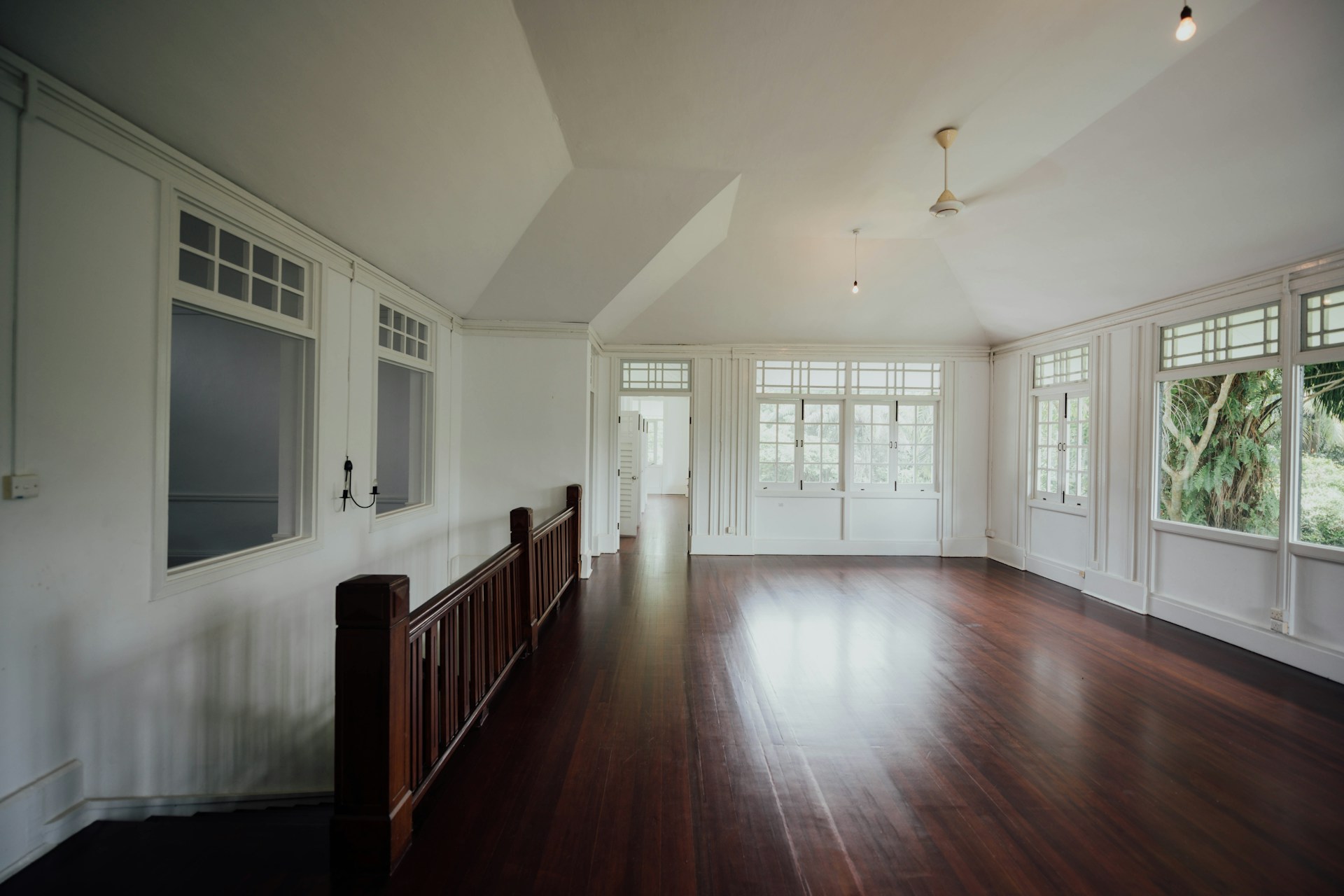In today’s modern world, more and more homeowners are becoming conscious of their environmental footprint, seeking ways to create living spaces that not only look beautiful but are also eco-friendly and sustainable. One aspect of home design that is garnering increasing attention in this respect is flooring. With various materials contributing differently to the environment, selecting an eco-friendly flooring option has the potential to decrease the environmental impact of your living space significantly.
As one of the leading flooring companies in Phoenix, Arizona, we at Royal Custom Floor recognize the growing need for sustainable and environmentally friendly flooring materials. Established in 2015, our experienced team has been at the forefront of offering diverse flooring solutions, catering to the unique requirements and preferences of our clients.
Trust Royal Custom Floor to guide you on your journey towards a greener home as we share our knowledge and expertise in eco-friendly flooring solutions.
Reclaimed Hardwood: Character and Sustainability
Reclaimed hardwood flooring is an environmentally responsible alternative to new hardwood flooring that utilizes salvaged wood from old buildings, barns, or other structures. By repurposing this wood, reclaimed hardwood reduces resource consumption and waste.
Pros of Reclaimed Hardwood
1. Unique Appearance: Reclaimed hardwood boasts character, texture, and a distinct patina that adds warmth and charm to any home.
2. Sustainability: Utilizing salvaged wood reduces the demand for new wood, contributing to healthier forests and ecosystems.
3. Diversity: Reclaimed hardwood comes in various species and finishes, offering a wide range of design possibilities.
Cons of Reclaimed Hardwood
1. Limited Availability: Due to the nature of reclaimed materials, options may be limited by what is available in your local area.
2. Price: Reclaimed hardwood can be more expensive than new hardwood flooring because of the additional labor involved in sourcing, preparing, and installing the salvaged wood.
Bamboo: Rapidly Renewable and Stylish
While not technically a wood, bamboo flooring closely resembles hardwood and provides a durable, stylish, and eco-friendly option for homeowners seeking an alternative to traditional hardwood floors.
Pros of Bamboo Flooring
1. Sustainability: Bamboo is a rapidly renewable resource, with some species reaching maturity in as little as three to five years.
2. Durability: Bamboo flooring is comparable in hardness to oak and maple, providing a durable and long-lasting surface.
3. Contemporary Style: This type of flooring offers a clean, minimalistic appearance, making it a popular choice for modern home designs.
Cons of Bamboo Flooring
1. Water Sensitivity: Bamboo, like hardwood, can be susceptible to water damage or warping from excessive moisture.
2. Quality Variation: Ensure you opt for a reputable manufacturer, as some low-quality bamboo flooring products may be less durable or contain harmful adhesives.
Cork: Comfort and Environmental Friendliness
Cork flooring is a sustainable and comfortable choice, offering unique benefits due to its distinct properties derived from cork tree bark.
Pros of Cork Flooring
1. Eco-friendly: Cork tree bark can be harvested without causing harm to the tree and regenerates naturally, making it a highly sustainable material.
2. Comfort and Insulation: Cork’s cellular structure provides a cushioned feel underfoot while also acting as an excellent heat and sound insulator.
3. Hypoallergenic: Cork is a naturally antimicrobial material, helping to keep allergens and mold at bay.
Cons of Cork Flooring
1. Sunlight Fading: Prolonged exposure to sunlight can cause cork flooring to fade over time.
2. Susceptibility to Damage: Though cork offers a cushioned feel, it can be susceptible to dents and scratches from heavy furniture or pet claws.
Linoleum: Natural Resilience and Versatility
Linoleum is an often-overlooked sustainable flooring option that is made from renewable materials like linseed oil, wood flour, and natural resins.
Pros of Linoleum Flooring
1. Durability: Linoleum flooring is resilient, resistant to stains and scratches, and has a long lifespan.
2. Biodegradable: Since it is made from natural ingredients, linoleum is biodegradable and eco-friendly.
3. Design Flexibility: Linoleum flooring comes in a wide range of colors and patterns, allowing for unlimited design possibilities.
Cons of Linoleum Flooring
1. Maintenance: Linoleum may require periodic waxing or sealing to maintain its appearance and durability.
2. Installation: Linoleum installation can be more labor-intensive than other flooring options like vinyl or laminate, potentially increasing overall costs.
Choosing Your Sustainable Flooring Solution
As you embark on the journey to create a greener home, each of the eco-friendly flooring options presented here offers unique benefits, catering to various tastes, preferences, and budgets. Reclaimed hardwood offers history and character, while bamboo provides a rapidly renewable alternative to traditional hardwood floors. Cork delivers unparalleled comfort and insulation, while linoleum offers durable and versatile design options.
Conclusion
Embracing sustainable flooring materials can significantly enhance the eco-friendliness of your home or office space without sacrificing style or comfort. Investing in sustainability demonstrates your commitment to a better future for our planet and ensures a healthy, stylish, and comfortable living environment for years to come.
Are you searching for an eco-friendly flooring solution? Let the knowledgeable team at Royal Custom Floor help you navigate your options and choose the right one for your unique needs. Reach out to our flooring company in Phoenix today to begin your journey towards a more sustainable home.

